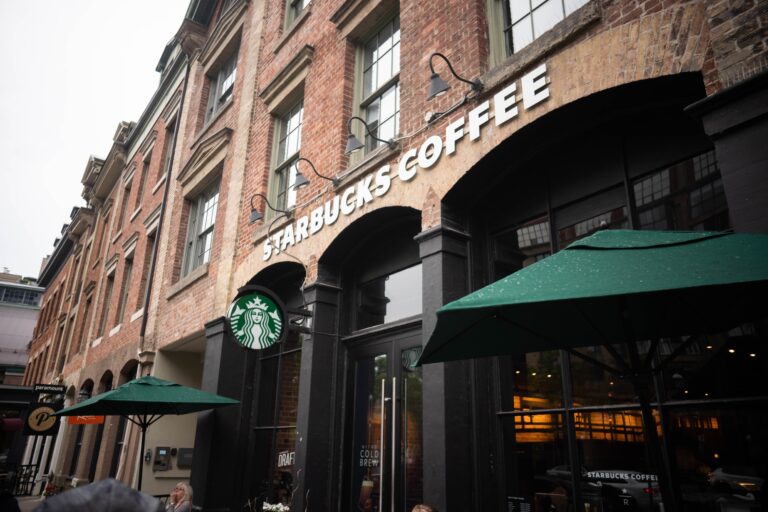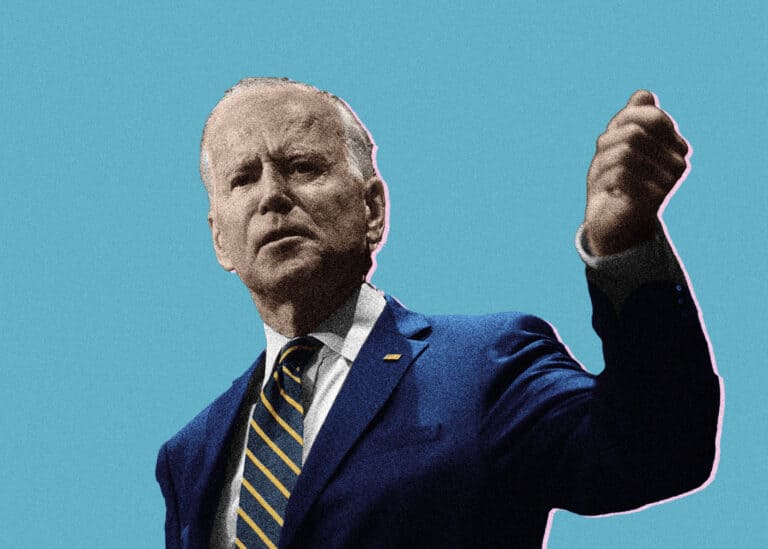
Benjamin Sachs is the Kestnbaum Professor of Labor and Industry at Harvard Law School and a leading expert in the field of labor law and labor relations. He is also faculty director of the Center for Labor and a Just Economy. Professor Sachs teaches courses in labor law, employment law, and law and social change, and his writing focuses on union organizing and unions in American politics. Prior to joining the Harvard faculty in 2008, Professor Sachs was the Joseph Goldstein Fellow at Yale Law School. From 2002-2006, he served as Assistant General Counsel of the Service Employees International Union (SEIU) in Washington, D.C. Professor Sachs graduated from Yale Law School in 1998, and served as a judicial law clerk to the Honorable Stephen Reinhardt of the United States Court of Appeals for the Ninth Circuit. His writing has appeared in the Harvard Law Review, the Yale Law Journal, the Columbia Law Review, the New York Times and elsewhere. Professor Sachs received the Yale Law School teaching award in 2007 and in 2013 received the Sacks-Freund Award for Teaching Excellence at Harvard Law School. He can be reached at [email protected].
As Jon covers in today’s News and Commentary, Amazon has a “voluntary resignation program” through which it pays warehouse employees about $1000 to quit their jobs. According to reporting on the program, this is an annual “offer” that Amazon makes each February to warehouse workers nationwide. Also according to reporting on the program, the idea behind the buyout is to encourage those employees who lack proper “commitment” to leave Amazon. Whatever the general merits of the program, it is now being offered to Amazon workers in Bessemer, Alabama who are voting in a union election. Any worker who accepts the $1000 and quits will be ineligible to vote in the election. And any worker who is hired to replace those taking the buyout will be similarly ineligible to vote. Viewed from this perspective, the buyout program is functionally a way for Amazon to pay eligible voters to leave the bargaining unit. Since employees’ right to vote in a union election, and to do so free of managerial interference, is a right protected by section 7 of the NLRA, Amazon’s program amounts to a means of paying employees to give up their section 7 rights.
Now, to be fair, the buyout program is national in scope and was not adopted to interfere with the union election in Bessemer. There is no evidence, in other words, that the program was adopted for – or is being implemented with – an anti-union animus. Usually, this lack of anti-union animus – this lack of discriminatory motive – is enough to shield a management tactic like this one from unfair labor practice liability. But there is an exception to this animus requirement in Board law. Where a management practice is “inherently destructive” of employees’ union rights, “a violation may be proved without evidence of improper motive.” In fact, where the management tactic is inherently destructive of employee rights, the Board is empowered to find an unfair labor practice even if the tactic has an independent business purpose. As the First Circuit put it recently:
If the employer’s conduct is “inherently destructive” of union members’ rights under section 7 of the NLRA, 29 U.S.C. § 157, a violation may be proved without evidence of improper motive if the employer fails to prove that its actions can be justified as “something different than they appear on their face.” Even if a business justification has been proved, an inference of improper motive may be drawn from the inherently destructive conduct itself and the Board remains free to “strike the proper balance between the asserted business justifications and the invasion of employee rights in light of the Act and its policy.”
The range of managerial practices found to be inherently destructive of employee rights is varied and predictably does not include the specific tactic involved here. Perhaps closest is a 2018 decision in which the Board applied the “inherently destructive” framework and held that an employer’s decision to grant healthcare benefit improvements to “all employees except those eligible to vote in a pending representation election” was an unfair labor practice. Of course, it is the Board’s responsibility to ensure that its doctrine keeps pace with changing managerial practices. And surely the Board would be justified in concluding that a management practice of (literally) paying employees to leave the bargaining unit during an ongoing union vote is “inherently destructive” of section 7 rights. Under extant law, therefore, even though the Amazon program may lack an anti-union motivation, the Board could rightly determine that it is an unfair labor practice.










Daily News & Commentary
Start your day with our roundup of the latest labor developments. See all
July 11
Regional director orders election without Board quorum; 9th Circuit pauses injunction on Executive Order; Driverless car legislation in Massachusetts
July 10
Wisconsin Supreme Court holds UW Health nurses are not covered by Wisconsin’s Labor Peace Act; a district judge denies the request to stay an injunction pending appeal; the NFLPA appeals an arbitration decision.
July 9
the Supreme Court allows Trump to proceed with mass firings; Secretary of Agriculture suggests Medicaid recipients replace deported migrant farmworkers; DHS ends TPS for Nicaragua and Honduras
July 8
In today’s news and commentary, Apple wins at the Fifth Circuit against the NLRB, Florida enacts a noncompete-friendly law, and complications with the No Tax on Tips in the Big Beautiful Bill. Apple won an appeal overturning a National Labor Relations Board (NLRB) decision that the company violated labor law by coercively questioning an employee […]
July 7
LA economy deals with fallout from ICE raids; a new appeal challenges the NCAA antitrust settlement; and the EPA places dissenting employees on leave.
July 6
Municipal workers in Philadelphia continue to strike; Zohran Mamdani collects union endorsements; UFCW grocery workers in California and Colorado reach tentative agreements.